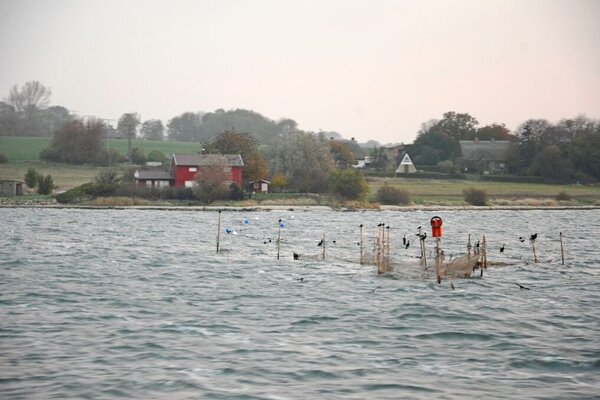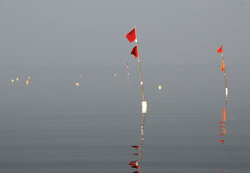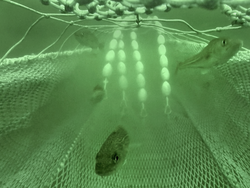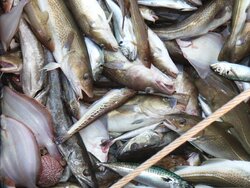Dossier
Bycatch and other side effects
Daniel Stepputtis and Christian von Dorrien | 01.07.2022
Like almost all human activities, marine fishing has undesirable effects on the environment. One important issue is bycatch, which we aim to reduce as much as possible by optimising fishing gear.
Nearly every human activity – including marine fishing – has unwanted effects on biological systems and the environment. As long as those effects stay within certain limits and are nearly reversible, meaning that in a reasonable timeframe the pristine condition could be restored, such a use can be seen as sustainable.
The term ‘sustainable development’ is used quite often, but is also defined very differently. The United Nation’s Brundtland Commission stated: ‘Sustainable development is a development that satisfies present needs without risking that future generations won’t be able to satisfy their own needs.
Therefore, a sustainable fishery must consider much more than just its effect on the target species. For instance, fishing methods used should not cause high bycatch of other species nor should they destroy marine habitats. However, there are different opinions about what is ‘high’ or about when the impact on the marine seafloor is unacceptable. As a first step, we try to quantify the effects of fisheries on target species, bycatch and other elements of the marine environment in a statistically valid manner. In a second step, we endeavour to assess these effects and to develop reference points or to compare them across different ecosystems. Additionally, we try to demonstrate how unwanted effects on the environment could be minimized, if this is necessary.










